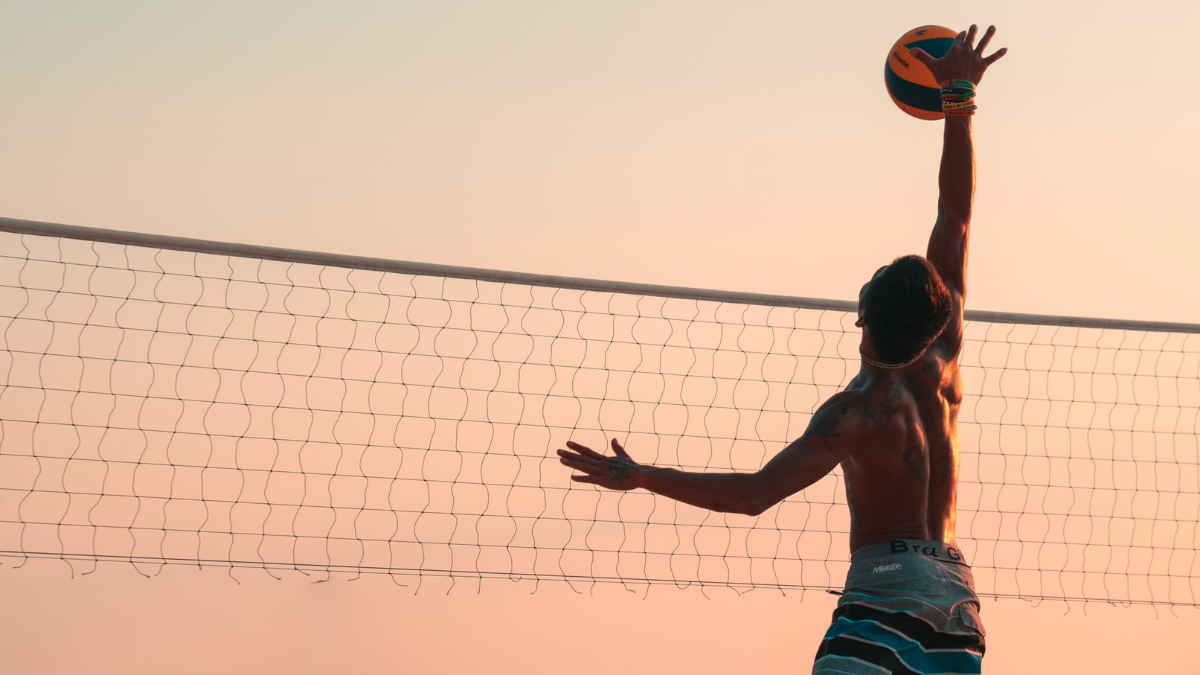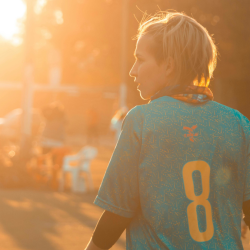Fighting when the odds are stacked against you or if your chances of success are slim to none sounds pretty good to most of us these days, doesn’t it? But knowing when to admit defeat and working on yourself is even more critical. I will explore the art of decision-making, drawing on personal experiences from university life and sports.
The paradox of fight and flight
It’s essential to understand how the fight-or-flight response that humans have. This response is an instinct that kicks in when we encounter immense stress or adversity. Both options have pros and cons, but it is essential to know when to fight for and when to flee.
In volleyball sports competitions during my university years, I experienced this paradox firsthand. There were times when our team faced tough opponents, trailing behind with limited time left on the clock. The fight instinct kicked in, urging us to summon every ounce of strength and determination to turn the game around. We rallied together, strategized, and pushed ourselves beyond our limits. And sometimes, against all odds, we emerged victorious, proving the power of fighting when it mattered most. But giving it your all and fighting to the last minute only gets you so far in the sports world. Skill and experience are important factors. Two components that our team lacks at the moment, but it is a work in progress!
In today’s time, there isn’t one person that I could think of that isn’t stressed by something. Be it family issues, school, work-related or ongoing social issues. There are situations where it’s wise to recognise when to cut your losses, for example, in the gym or any sport due to the risk of injuries. It involves evaluating the costs, benefits, and potential dangers of continuing to invest time, energy, or resources into a particular matter.
Academical fights
Being in university right now, I faced academic challenges in a particularly demanding course on a daily basis. Instead of giving in to the temptation to drop the class or not hand in assignments and hope for a pass, I resolved to stand and fight. I sought help from professors, formed study groups with my classmates, and put in extra hours of diligent effort. It was in those moments of fighting through adversity that I grew and learned valuable lessons. Despite the initial setbacks, my persistence paid off as I not only passed the second year but also gained a deeper understanding of the subject matter. It was a defining moment that taught me the value of standing against the odds and not giving in to the temptation of giving up and just hoping for the worst. It seemed really good to give in to the pressure at some times as self-doubt crept in. However, I quickly realised that always taking shortcuts and making excuses wouldn’t lead to long-term success. It takes time to have the mental strength to stand your ground, but this can be developed over time.
The paradox lies in recognising which situations call for a fight and which for flight. It requires self-awareness, evaluating the risks and rewards, and trusting our instincts. Sometimes cutting our losses and redirecting our efforts is the right choice, while other times, standing and fighting are necessary for personal growth and achievement. It’s a delicate balance and learning to navigate this paradox is an ongoing journey in sports, university life, and beyond.
So, what have we learned? Personally, I would always encourage individuals to stand and fight their battles for long-term success. But not everyone’s mental strength is enough for that, so cutting your losses and sitting back is the best option.
Featured image: Colton Duke / Unsplash






























